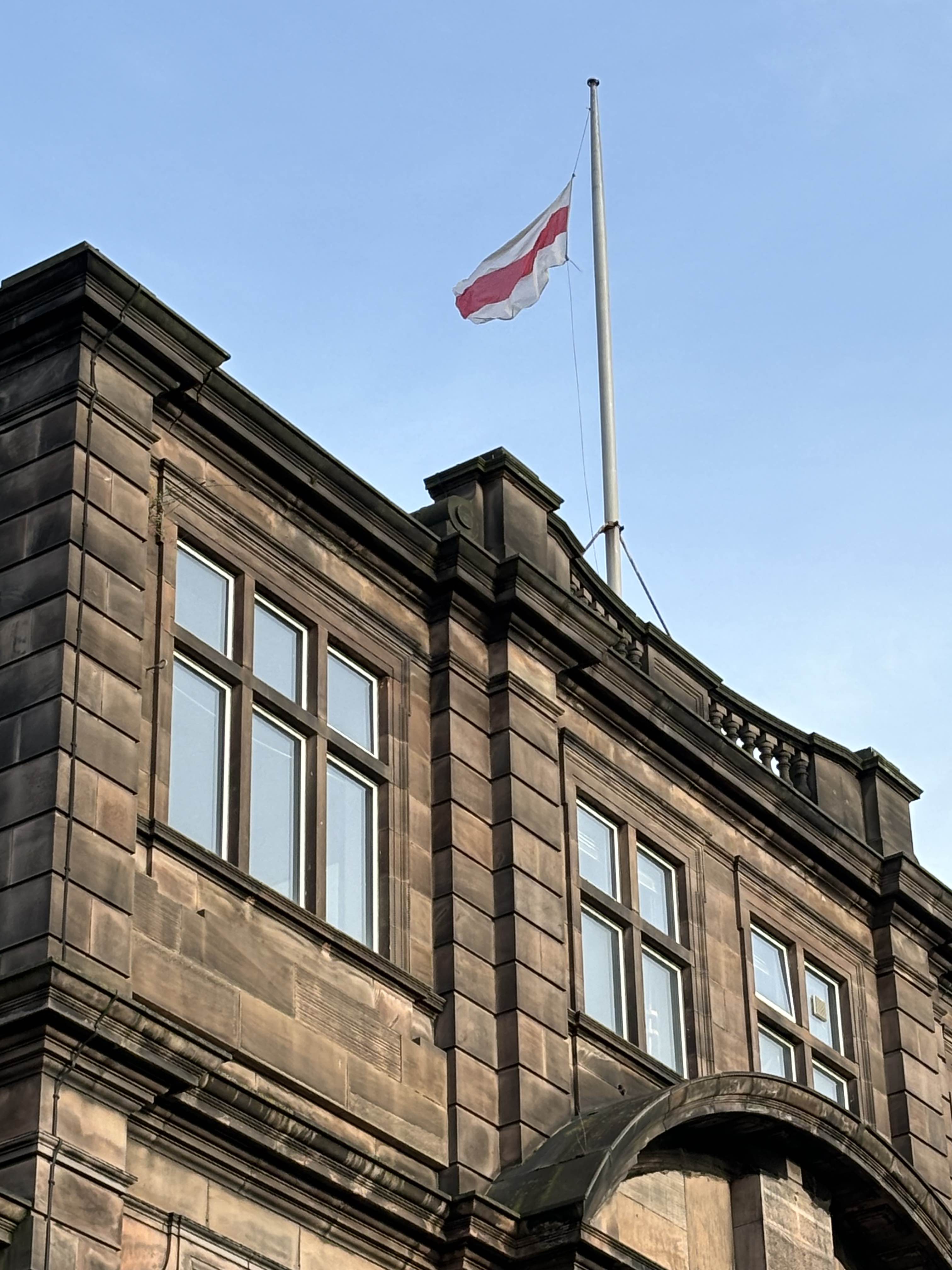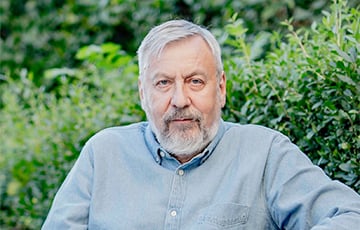Film About Andrei Sannikov Shown In Britain
3- 1.04.2024, 9:15
- 3,800
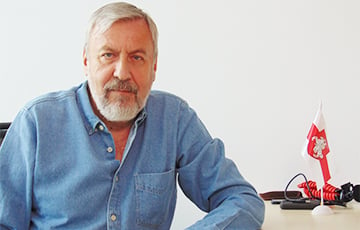
The screenings took place in London and Edinburgh.
The documentary film about Belarus "This Kind Of Hope," the main character of which is the leader of the European Belarus civil campaign Andrei Sannikov, was shown in the UK. The politician has told Charter97.org about his trip:
— The trip to Britain consisted of two parts: events in London and in Scotland.
It was organised by my good and long-time friend Alan Flowers, chairman of the Anglo-Belarusian Society.
In London there was a screening of the film "That Kind of Hope". It took place in the premises of the Association of Ukrainians of Great Britain, where the world's largest Ukrainian emigrant library and the archive named after Shevchenko are located. Apart from the British, there were friends - Belarusians, Ukrainians, Russians, that is why the discussion after the film was especially interesting. We talked about the war, about emigration, about how to get rid of the dictatorship, about hope....
At parting I presented the Shevchenko library with books "Belarus in NATO" in Ukrainian.
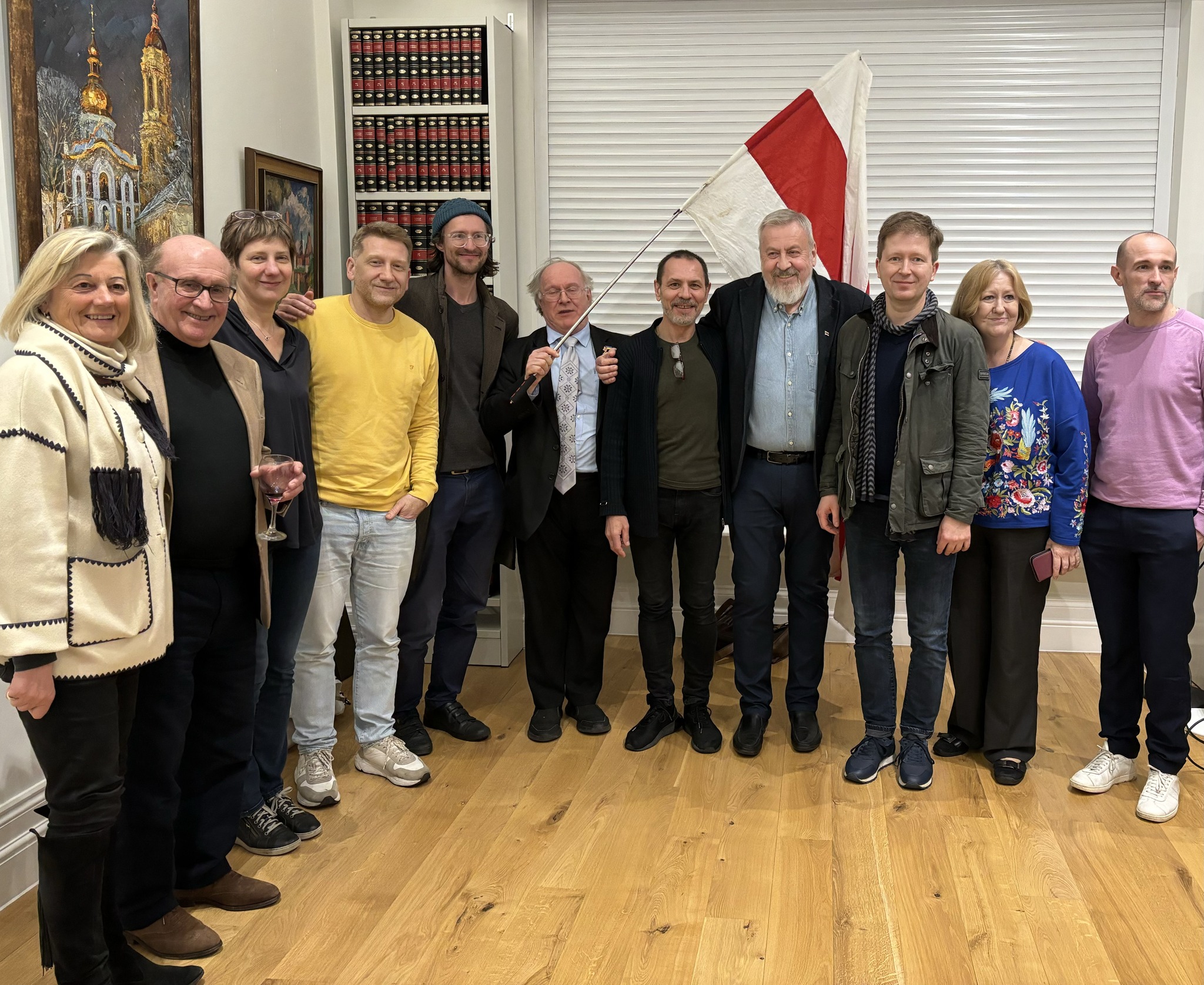

In the same days the Anglo-Belarusian Society celebrated its 70th anniversary. The Society has done a lot to preserve and develop ties between our peoples in different periods of history, including the most difficult ones, such as today. The names of such outstanding personalities as Father Alexander Nadson, poetess and translator Vera Rich, researcher of Belarusian culture Guy Picard, whom I was lucky to know during their lifetime, are connected with the Society. The celebration was attended by figures of the Belarusian emigration and Englishmen, in particular my old acquaintance Lord Frederick Ponsonby. By the way, his great-grandfather, Lord Arthur Ponsonby, published his book "Falsehood in War-Time" in 1928. Such a curious connection with the times of today, with information and hybrid warfare.
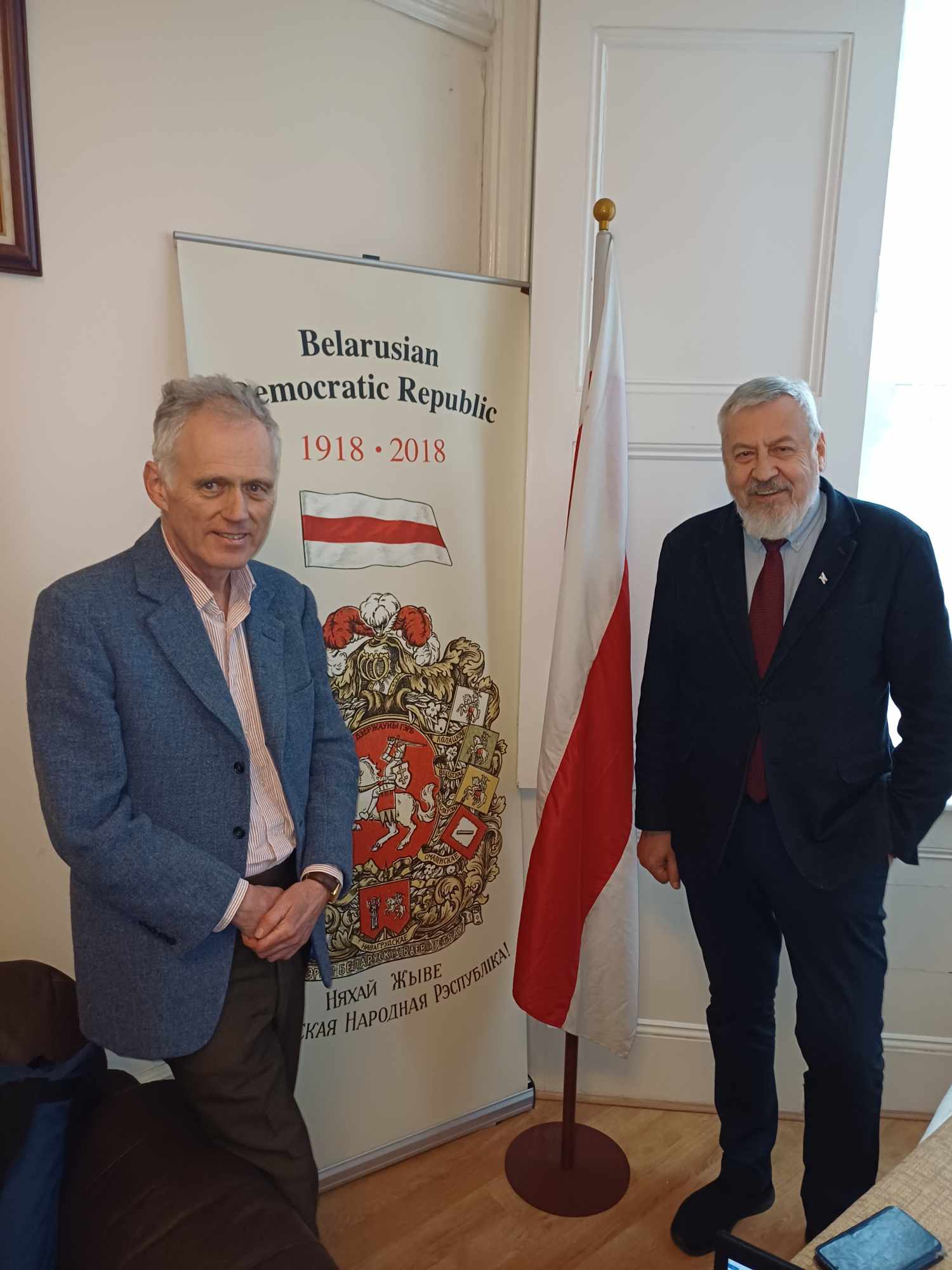
There were meetings in London at the Foreign Office, where we mainly discussed the political prisoners of Belarus and the possibility of their release. I spoke about the new sophisticated torture to which Palina Sharenda-Panasiuk had been subjected with the use of propaganda-sadistic television.
As you know, the UK is not a member of the European Union today and can impose its own sanction measures against Lukashenka's regime. Last December, British sanctions were imposed against 17 judges and prosecutors, guilty of human rights violations and sentencing in fabricated cases. The policy of unilateral sanctions will continue.
I had the great pleasure of meeting in London with Rosemary Thomas, who was Her Majesty's Ambassador to Belarus during that very turbulent period after the violent crackdown on Square 2010. Rosemary was both professionally and humanly very helpful to the political prisoners and their families. She sends her best sincere wishes to the Belarusians.
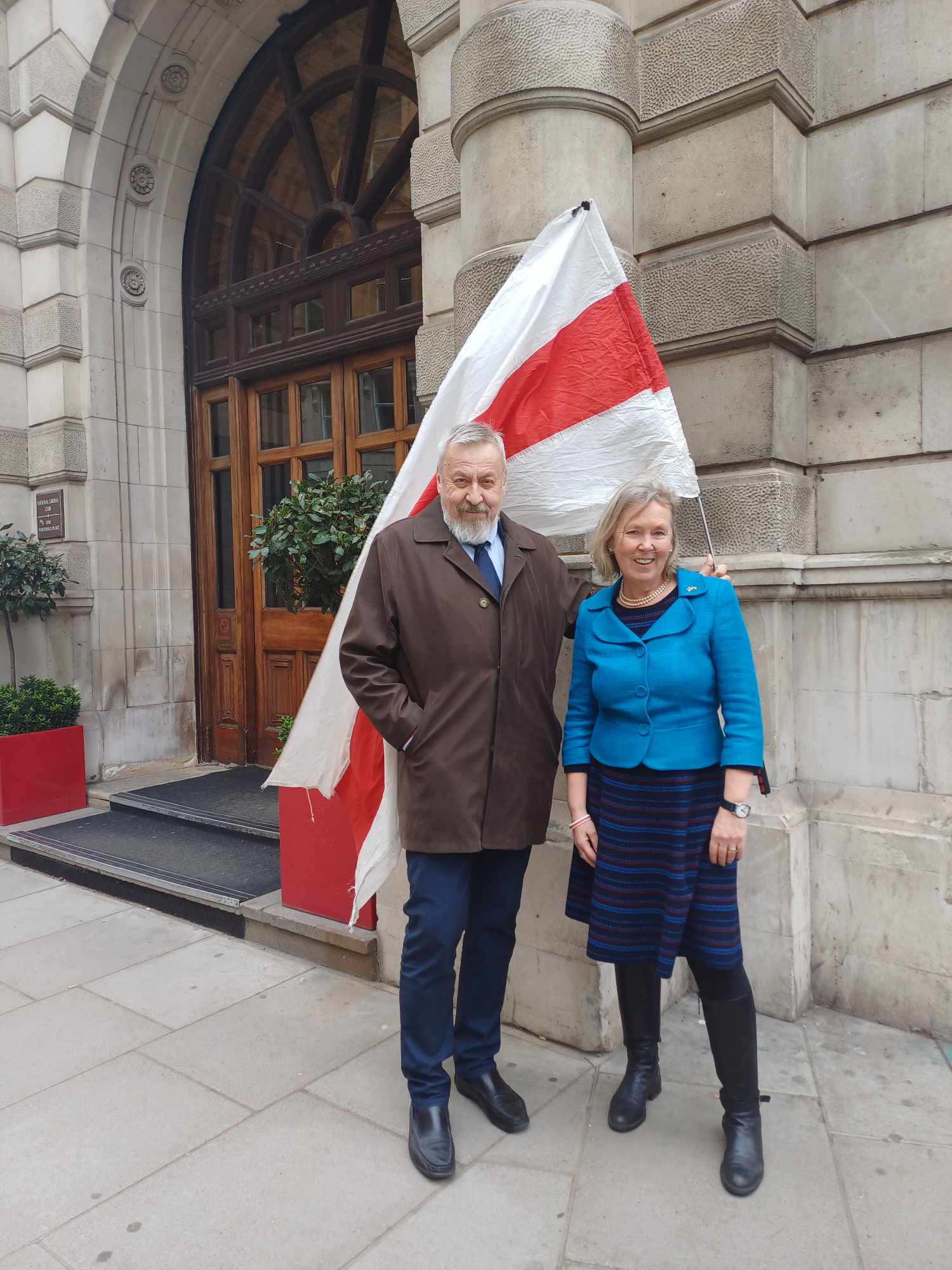
- How was the Scottish part of the trip? Are they interested in Belarus there?
- Scotland left the impression of tasting good whisky on the run: there was too little time to get a good look at anything, but enough time to want to come back for longer.
There was a lecture at the University of Dundee about Belarus, nuclear disarmament, and Russia's war against Ukraine. There were a lot of young people asking very interesting questions, which did not end even after the lecture.
.jpeg)
The screening of 'This Kind of Hope' took place in Edinburgh, at the Summerhall Arts and Culture Centre. It is probably the only landmark building in Europe, or even in the world, that has our flag flying above it at all times.
Robert McDowell, the owner and founder of Europe's largest private arts centre, made this decision.
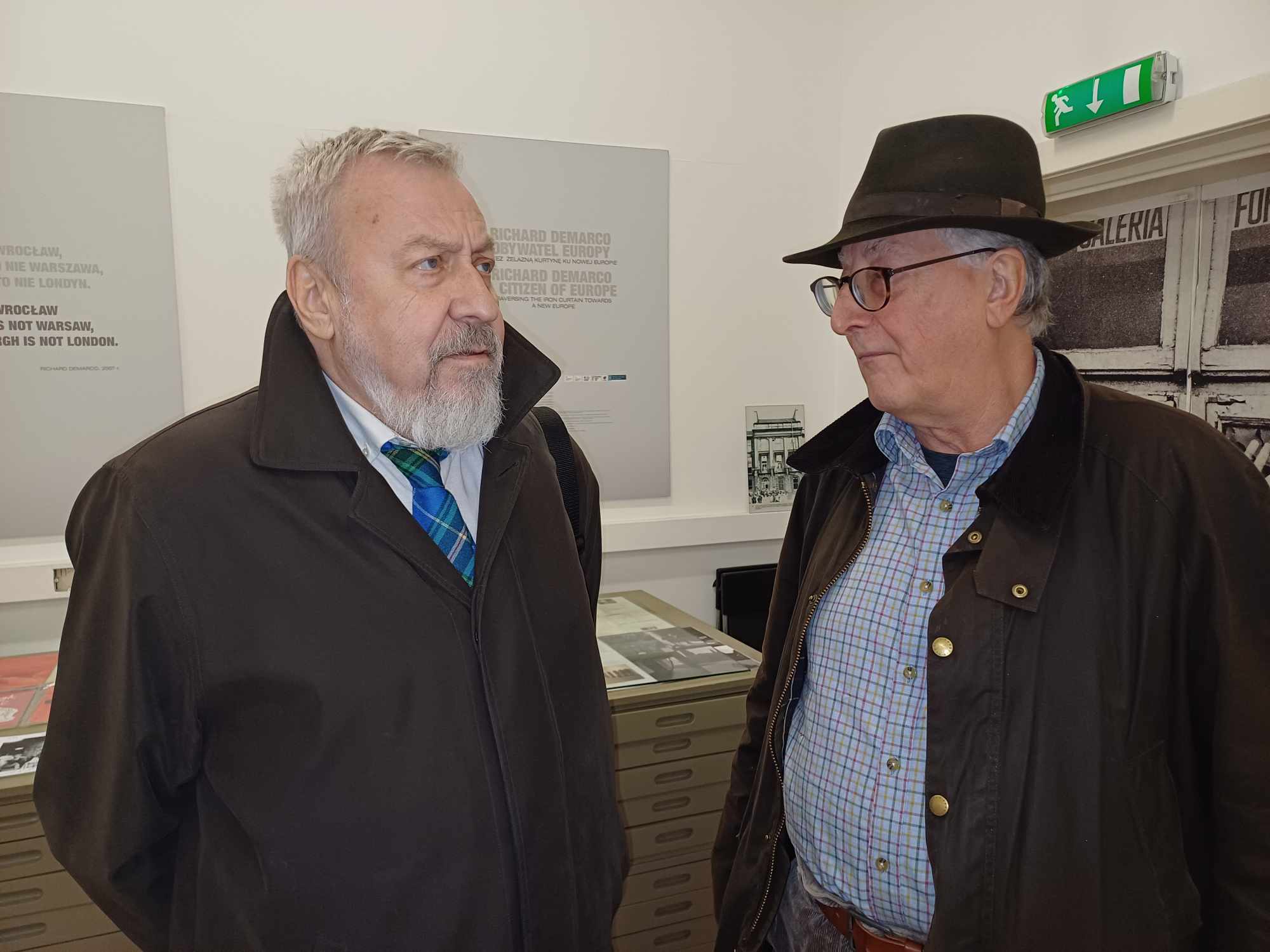
His centre also houses the gallery of the legendary Richard Demarco, an artist, educator, who did much to promote Eastern European art in Scotland, in particular the Polish theatrical figure Tadeusz Kantor.
At the discussion after the film they talked about today's Belarus, which is being held hostage by two dictators, about European Belarus, about political prisoners.
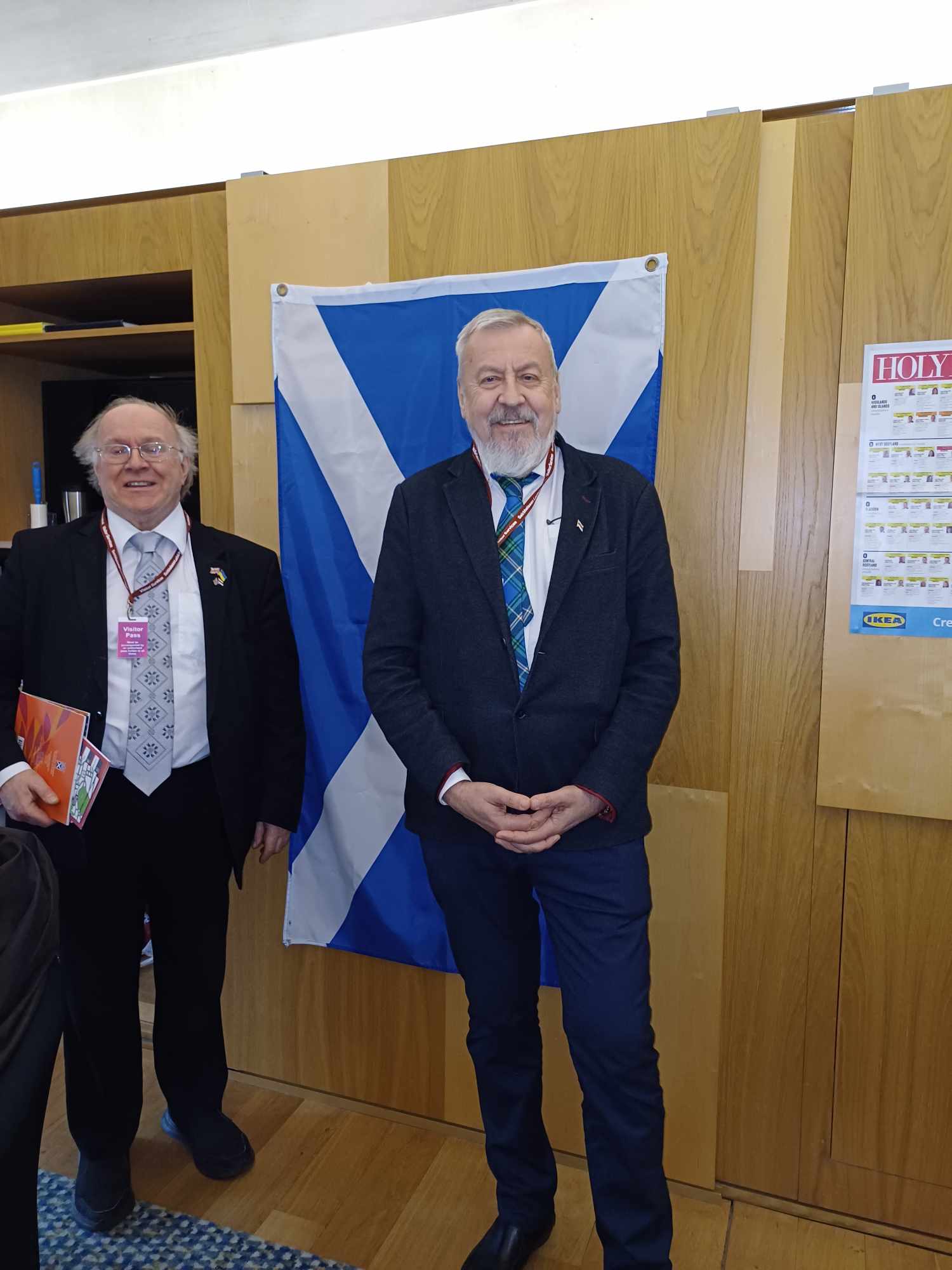
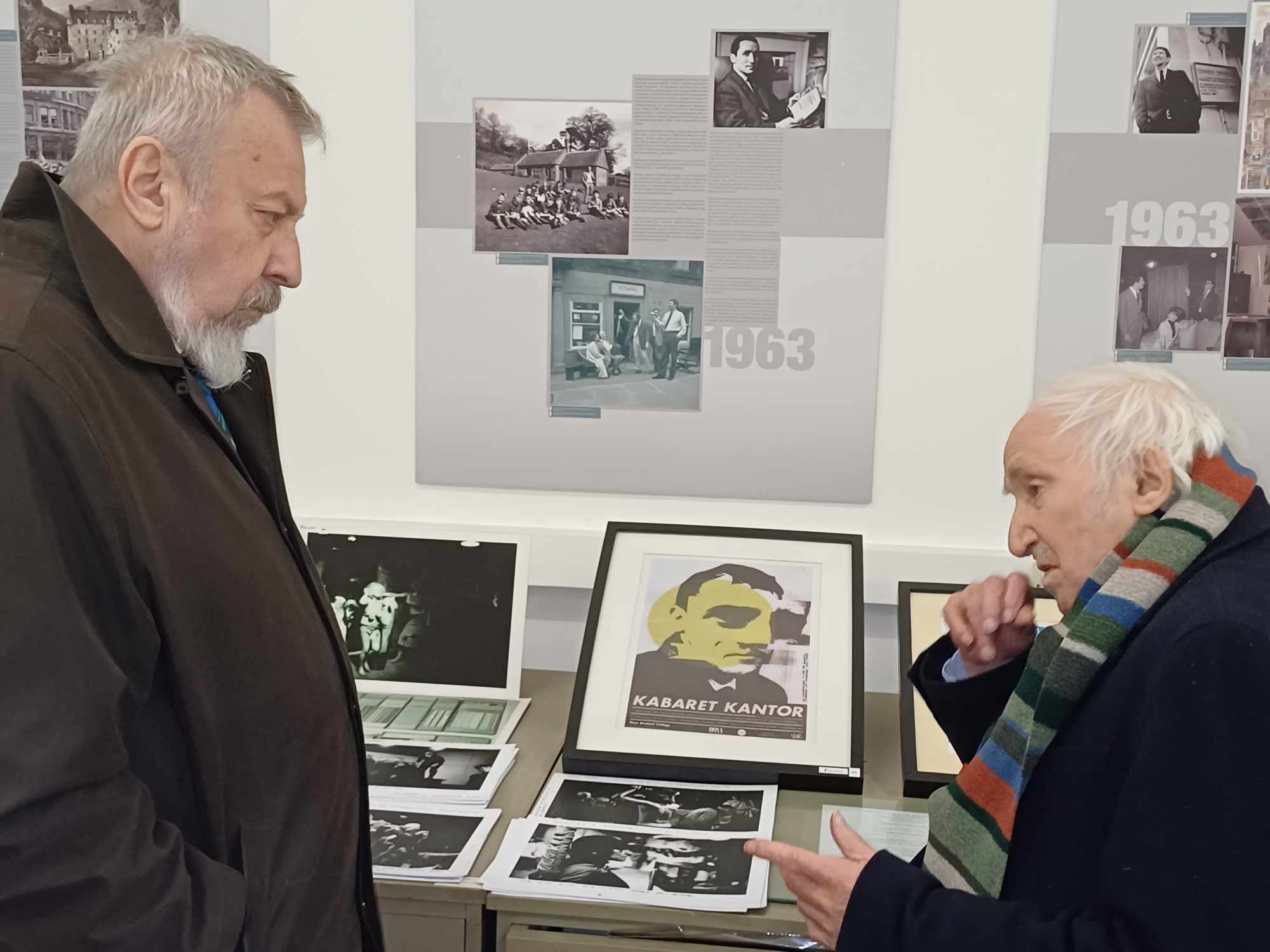
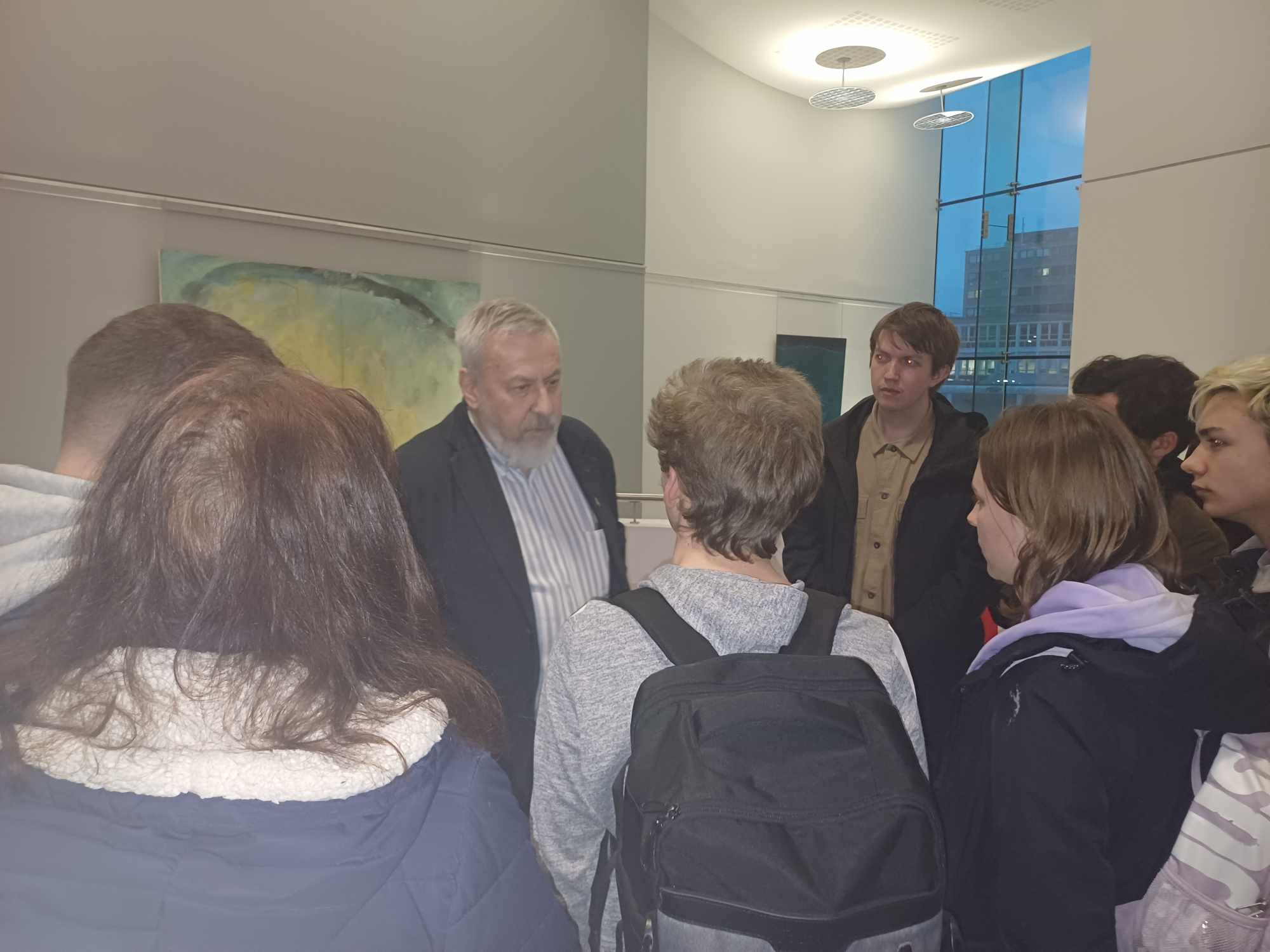
We discussed the possibilities of increasing pressure on the Lukashenka regime to release political prisoners in Scotland, in Dundee and Edinburgh, with activists from various campaigns in support of Belarus, students and public figures.
Ken McBain, the UK coordinator of the Libereco human rights organization, who does a lot to support political prisoners in Belarus, lives in Edinburgh.
The famous Edinburgh Arts Festival does not ignore the situation in Belarus either, and its organisers plan to include Belarusian performers in their shows.
